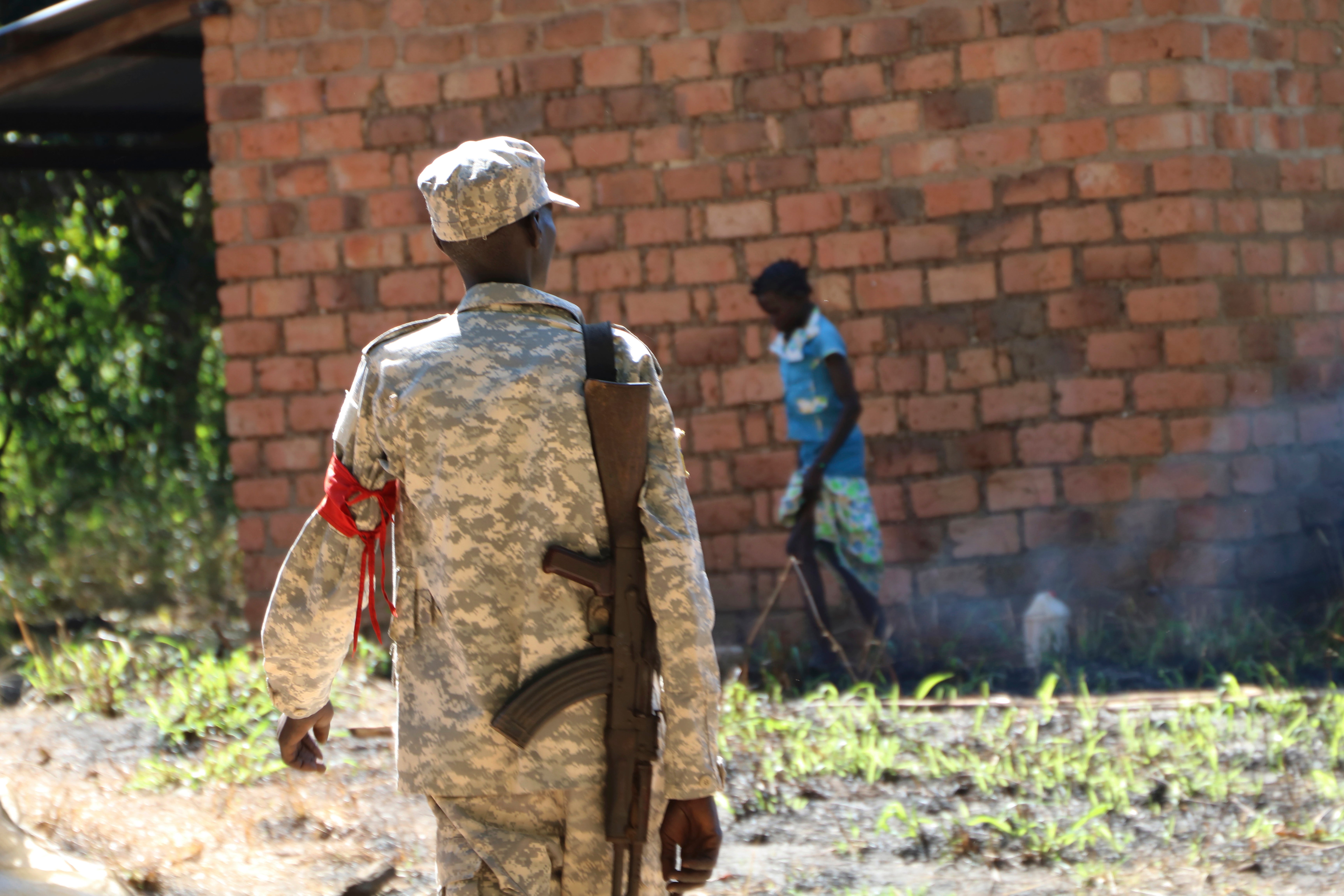South Sudan's security bill allowing warrantless arrests becomes law
South Sudan’s parliament says controversial security legislation allowing the arrest of people without warrants has become law even though the president has not signed it

Your support helps us to tell the story
From reproductive rights to climate change to Big Tech, The Independent is on the ground when the story is developing. Whether it's investigating the financials of Elon Musk's pro-Trump PAC or producing our latest documentary, 'The A Word', which shines a light on the American women fighting for reproductive rights, we know how important it is to parse out the facts from the messaging.
At such a critical moment in US history, we need reporters on the ground. Your donation allows us to keep sending journalists to speak to both sides of the story.
The Independent is trusted by Americans across the entire political spectrum. And unlike many other quality news outlets, we choose not to lock Americans out of our reporting and analysis with paywalls. We believe quality journalism should be available to everyone, paid for by those who can afford it.
Your support makes all the difference.South Sudan’s controversial security legislation allowing the arrest of people without warrants has become law even though the president has not signed it, parliament's spokesperson said Thursday.
Spokesperson Oliver Mori told The Associated Press that the bill had become law “automatically” in accordance with the constitution following the lapse of 30 days since it was presented to President Salva Kiir on July 12.
Kiir neither signed nor vetoed the law, which has drawn criticism from human rights activists and some other nations. Nine Western envoys, including representatives of the U.S. and Britain, said in July that South Sudanese should have the right to participate freely in political and civic expression without fear of arbitrary arrest or intimidation by security personnel.
South Sudan is due to hold its first election Dec. 22 under the transitional government created after the signing of a peace agreement in 2018 that ended a five-year civil war in which nearly 400,000 people died.
The new law has proved to be a sticking point in talks between the government and opposition groups that were not part of the 2018 peace agreement.
Yasmin Sooka, chair of the U.N. Commission on Human Rights in South Sudan, said Thursday that the new law will give security agencies powers to conduct “more arbitrary detentions and enforced disappearances.”
“We urge that the president and parliament urgently revisit the situation and review the law in line with democratic processes to build credibility and legitimacy. The enactment of this bill directly contradicts the commitments made by South Sudan to both the international community and to South Sudanese,” she said.
Ter Manyang Gatwech, executive director of a local rights group, the Center for Peace and Advocacy, vowed to challenge the law in court.
“This bill poses a direct threat to the nation, and therefore nobody is safe in this country because of its nature,” he told AP.
A U.S. State Department spokesperson, Mathew Miller, said last month that South Sudan's transitional government should act with urgency to create an environment in which the people can express their views openly and without fear.